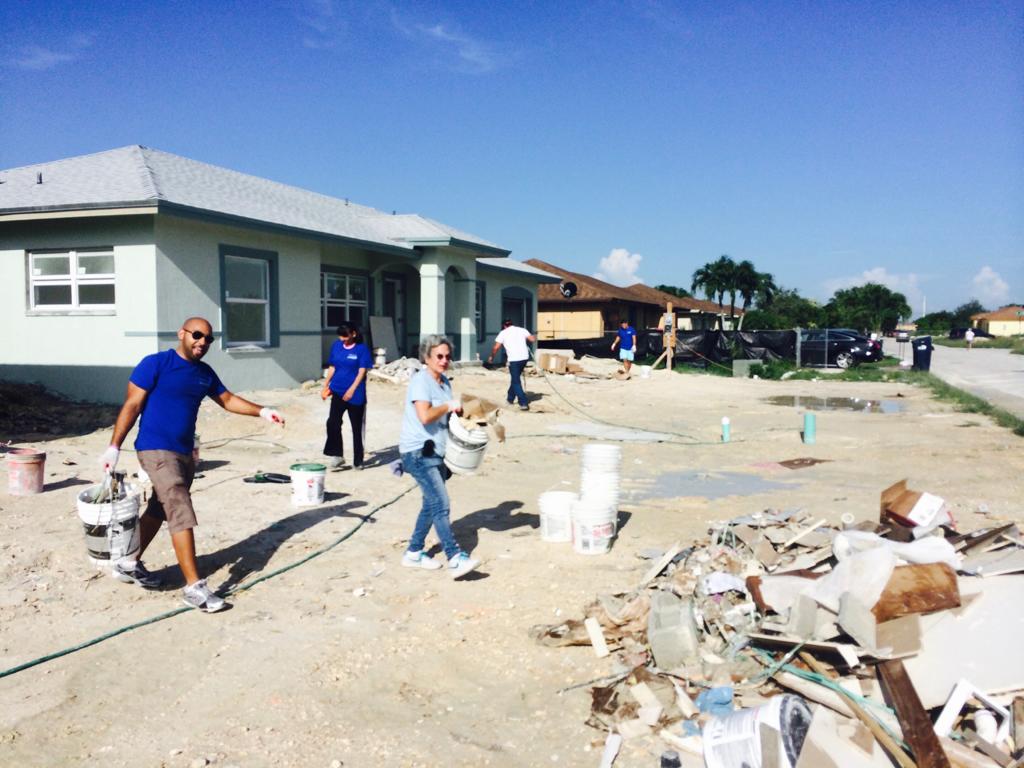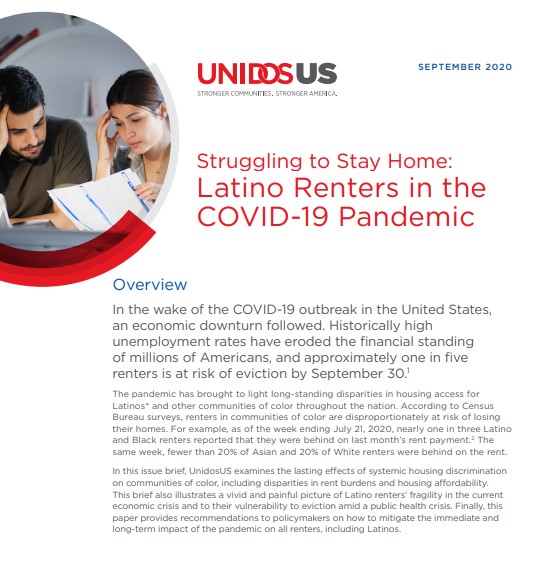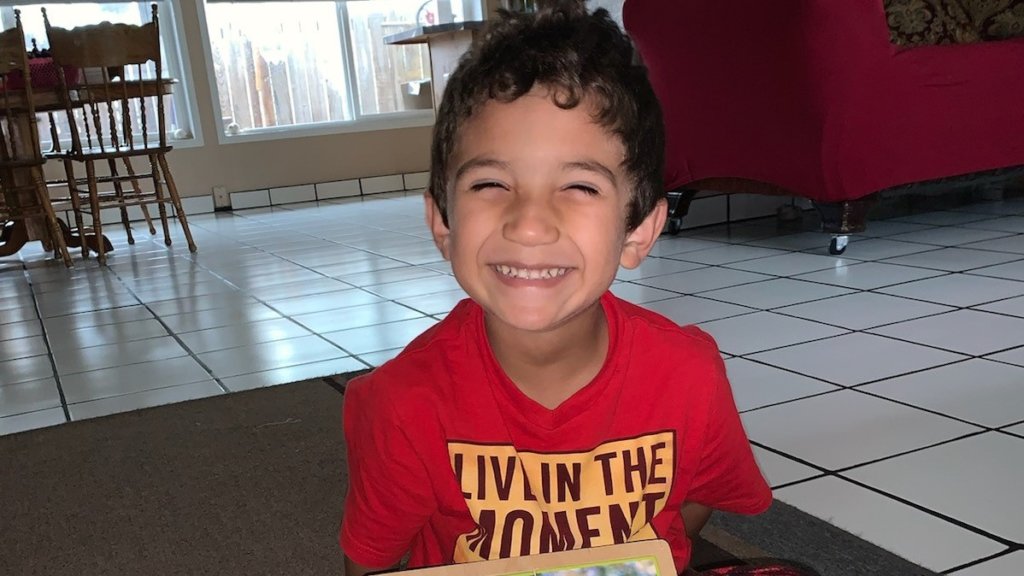Solutions to escalating housing challenges during the COVID-19 pandemic
The COVID-19 public health pandemic has magnified the many ways in which the Latino community faces systemic inequity. Among them is discrimination and other structural barriers Latinos face in the housing system, whether they are looking to buy or rent a home. These systemic challenges have contributed to the housing cost burdens and a lack of affordable housing options for Latinos.
By Agatha So, Senior Policy Analyst, Economic Policy, UnidosUS

Even before the pandemic, many Latinos were spending more than 30% of their income on housing, and the burden of housing costs was especially severe for Hispanic renters. In 2017, the Department of Housing and Urban Development found that almost half of very low-income Hispanic renters faced worst case housing needs. This means that these renters spend more than half of their monthly income on rent and utilities and lived in housing that had more than one serious physical problem, such those related to heating or plumbing systems, or maintenance.
Keep up with the latest from UnidosUS
Sign up for the weekly UnidosUS Action Network newsletter delivered every Thursday.
According to an UnidosUS poll, in February 2020—just one month before the pandemic outbreak in the United States—Latinos reported spending more than 40% of their monthly income on rent. Spending this much in rent each month meant that Latino renters had less money left over to make other ends meet, like pay for food, medicine, and transportation, and to put away for an emergency.
The pandemic has amplified the reality that millions of Latino households are one emergency away from financial distress, and unequal federal relief efforts have only made this situation worse for Latinos. On September 30, UnidosUS released an issue brief, “Struggling to Stay Home: Latino Renters in the COVID-19 Pandemic”, which highlights the growing housing instability among Latino renters, as well as the specific pandemic-induced factors that make renters within our community vulnerable to losing their homes.
The brief also includes a story of the Gonzalez family, living in Miami, who have fallen behind on rent, due to job and income loss because of the COVID-19 pandemic. Thanks to UnidosUS Affiliate Centro Campesino, which mobilized to meet the urgent needs of their community, the Gonzalez family and so many more have received rent and mortgage assistance to help them stay home, and safe, during this pandemic.
Solutions for keeping our homes: Homes are more than just housing
On October 8, UnidosUS joined UnidosUS Affiliate Centro Campesino and Florida International University’s Jorge M. Perez Metropolitan Center (FIU), on a webinar to discuss the challenges Latinos face nationally, as well as the impacts of COVID-19 on housing affordability challenges for workers, especially Latinos, agricultural workers, and immigrant communities, in the areas of South Miami-Dade and Monroe County in Florida.
“Our homes—if we can hold on to them and be safe—have become so much more than that. They’re now a schoolhouse or a pre-school, they’re an isolation ward for those who are ill, they’re an office for those of us who are fortunate enough to work from home,” said Mercedes Márquez, the moderator of the event, who opened up the discussion and introduced research from Centro Campesino and FIU to develop pathways to solving similar challenges facing local communities across the nation.
UnidosUS Affiliate Centro Campesino has a long history of building affordable homes for South Florida communities. Yet, as a small housing developer, building has slowed significantly because of structural barriers, including a mismatch in the price and cost of building, and the level of affordability needed for local communities to be able to buy a home.
In addition to sharing the challenges, John Martinez, Executive Director of Centro Campesino, also pivoted to sharing some solutions.
“There are some basic solutions that would not cost any money. There is a mortgage ready program, which could be amazing…Raising that [purchase price] cap to a more realistic level would benefit qualified homebuyers and nonprofit developers.”
Dr. Ned Murray, the lead FIU investigator in the research for an upcoming report on the housing needs of South Miami-Dade and Monroe County, completed in collaboration with Centro Campesino, also added insights on solutions. “It’s not just about affordable housing, it’s about the safety and the well-being of residents that has to be a big part of our solutions,” he explained.
Dr. Murray shared that among the strategies coming out of the research was to focus on the immediate affordable and community development impacts of COVID-19, and use available data showing the communities that were most impacted by COVID-19 to better target rental assistance and relief programs. He discussed another strategy, having an “aggressive property acquisition program and pre-development support program” that would benefit the most impacted communities, including Latinos and essential workers, and developers like Centro Campesino. Dr. Murray underlined the important role that nonprofit developers like Centro Campesino will play to provide affordable housing options for communities not only in the COVID-19 pandemic and recession, but also when our nation starts on a path to recovery.



